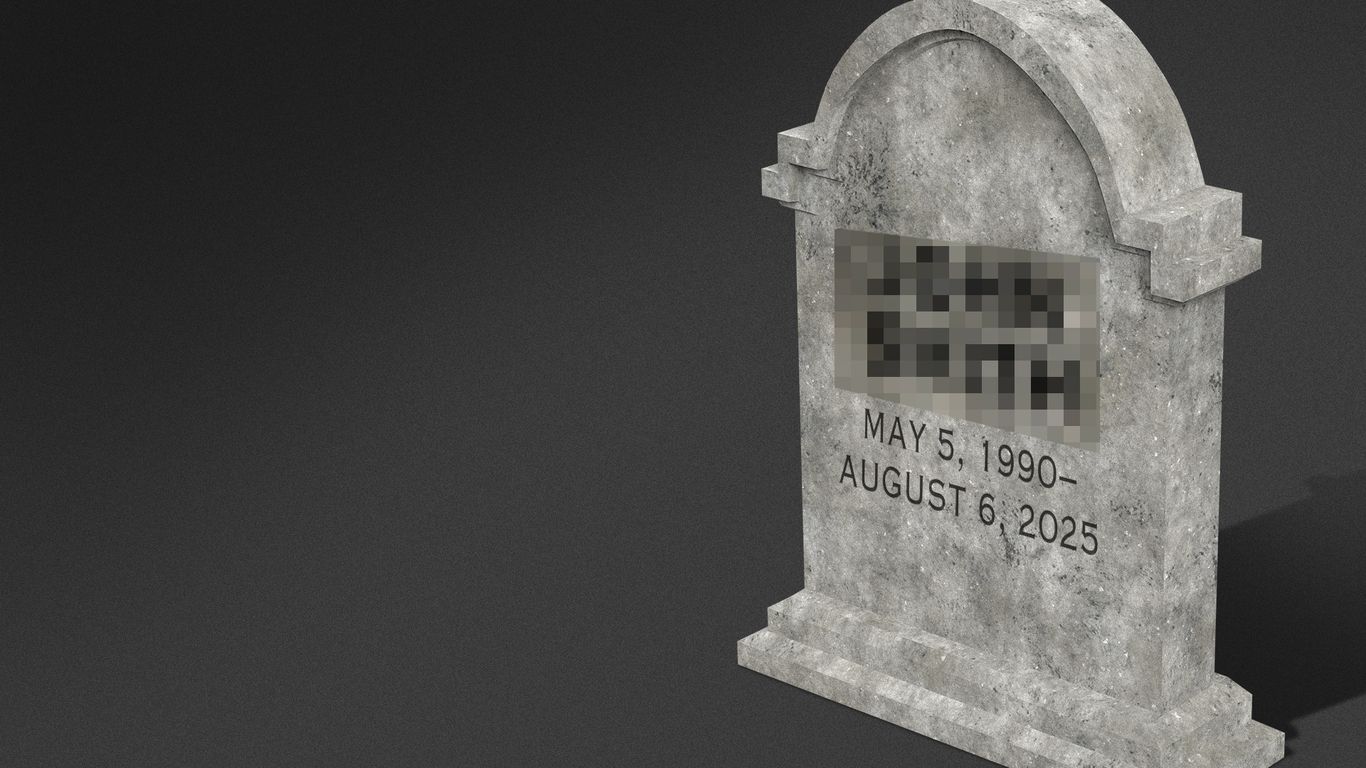Summary
A recent interview featuring an AI-generated avatar of a Parkland shooting victim has sparked a conversation about the ethics of creating digital likenesses of individuals who have died. As AI technology becomes more advanced and accessible, some people are taking steps to prevent the creation of their digital representations after their death. The legal and ethical issues surrounding digital likenesses vary by state, with some people embracing AI for grieving and advocacy, while others express concerns about consent and misuse.
Key Facts
- An AI-generated avatar of a Parkland shooting victim was used in a recent interview by former CNN anchor Jim Acosta.
- The use of digital likenesses of the deceased, known as a post-mortem right of publicity, is recognized in states like Florida.
- Digital twins are created by inputting personal photos, videos, and writings into AI models that simulate tone and personality.
- Some people are now including clauses in their wills to prevent the use of their digital likeness after death.
- Many states lack specific laws regarding posthumous AI rights, leading to potential legal challenges.
- Some individuals use AI-generated likenesses for grieving and advocacy purposes.
- AI rights management platforms are emerging to help people create and control their digital avatars.
- Concerns about consent and potential misuse of digital likenesses are prominent among some individuals.

